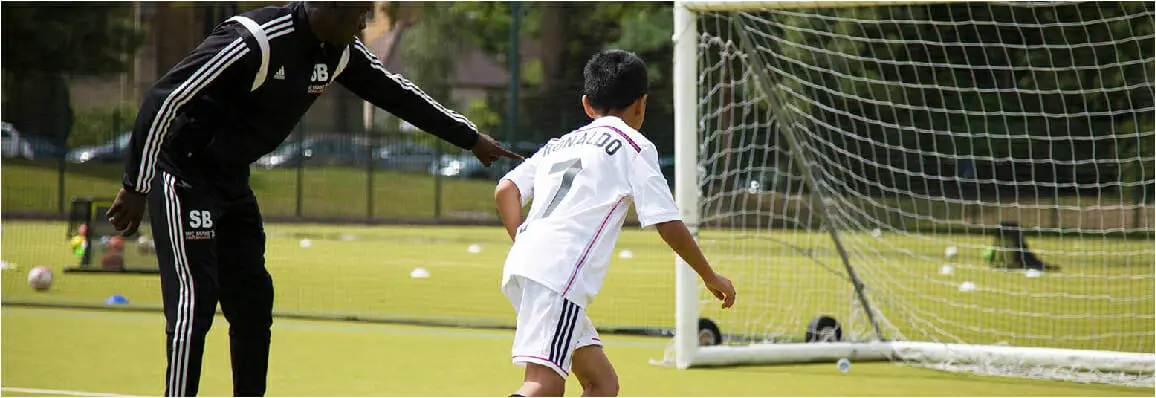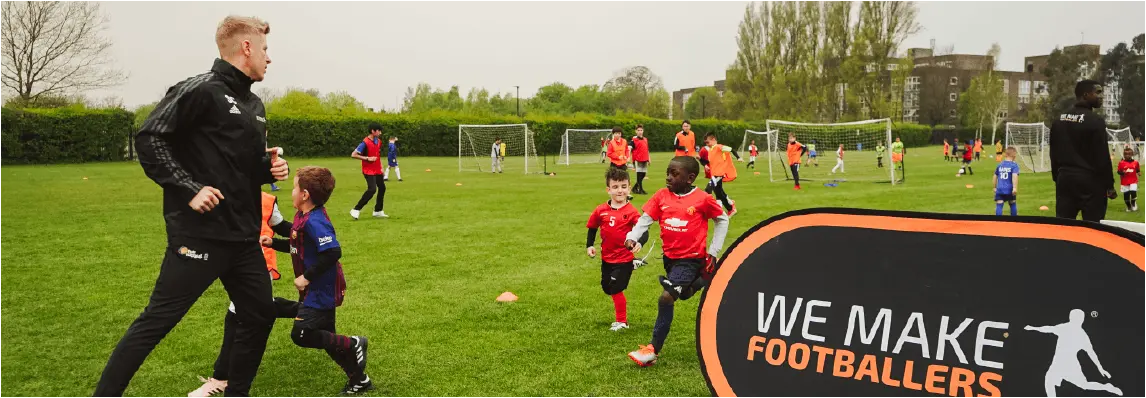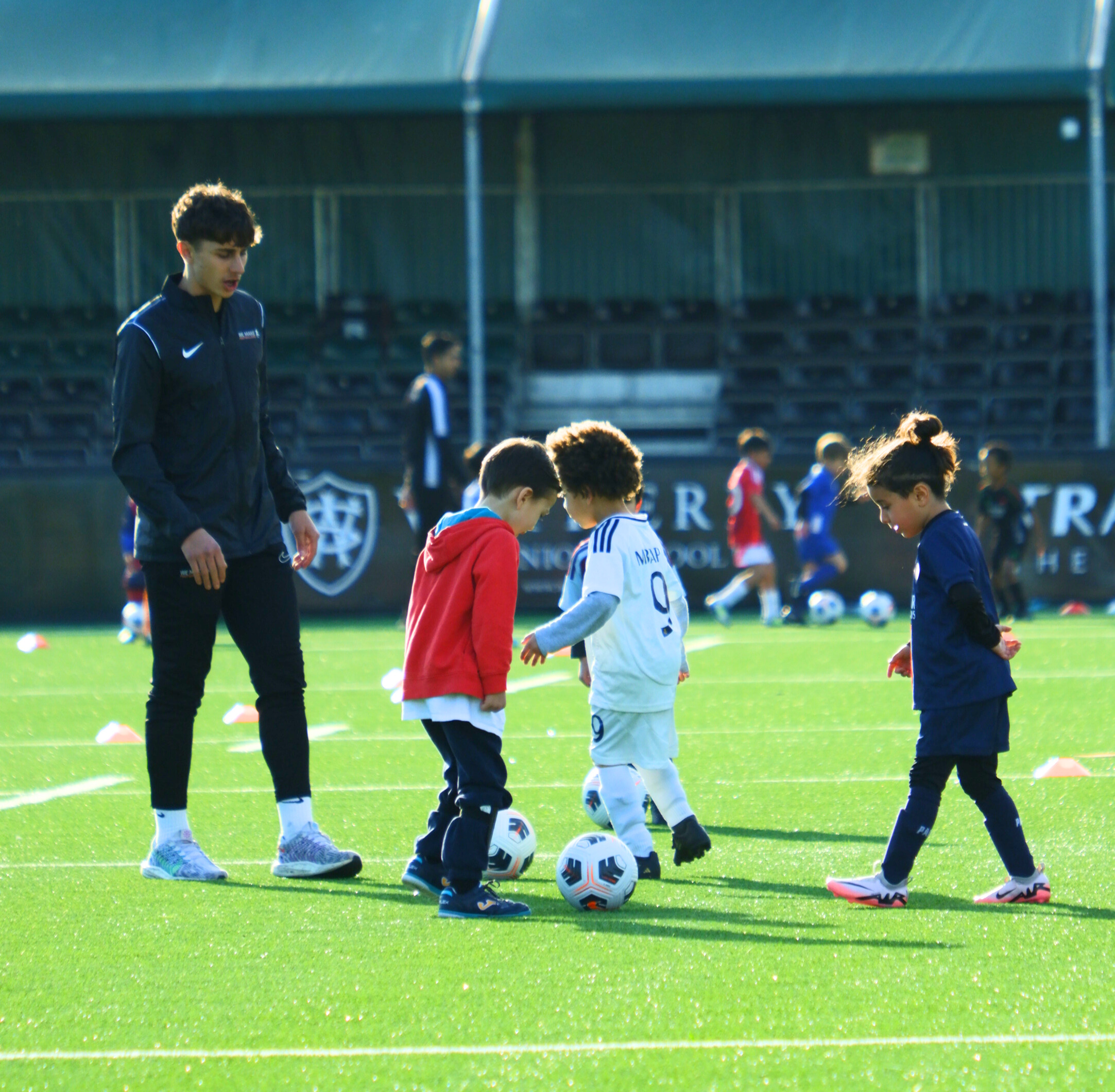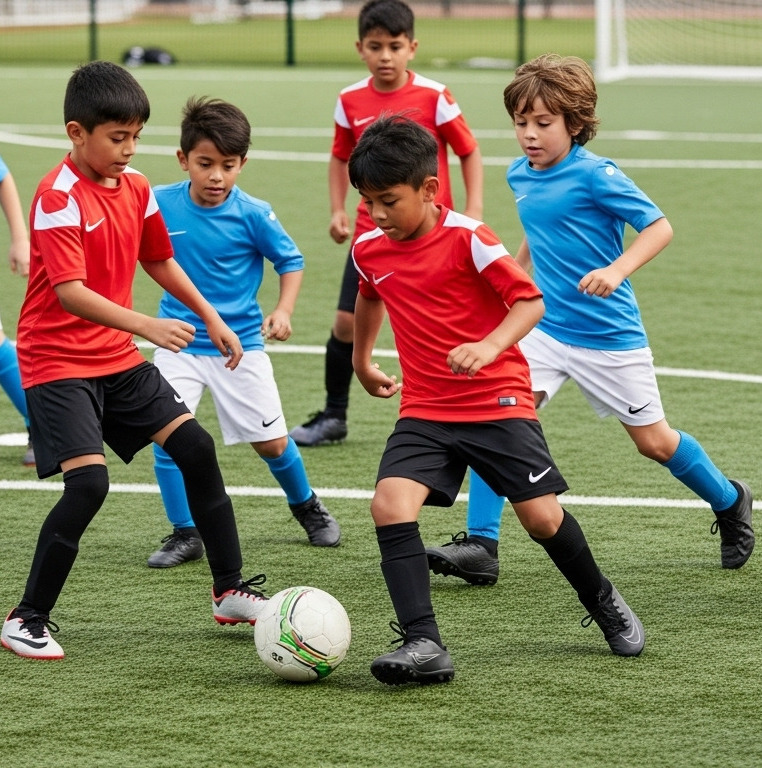What connects the best players in the world? Yes, the likes of Cristiano Ronaldo, Lionel Messi and Kevin De Bruyne all have a ridiculous amount of natural ability. But they also work as hard as possible to be the best that they can be.
Ronaldo’s work ethic needs no introduction. Harry Kane talks about staying behind after training to fine tune his finishing. David Beckham would famously spend hours practicing free kicks over and over again. The former England captain didn’t become the best set piece taker in the world by accident.
All these individuals made the most of their talents because they trained as individuals as well as part of a team. Here’s why training outside of team football is so important.

FOCUS ON AREAS OF WEAKNESS
Within a team environment, a coach is often having to focus on delivering sessions for anywhere between 10 and 25 players. It’s impossible to give individuals the dedicated attention that they need to focus on specific areas of their game which need improvement in such circumstances.
Training outside of team football sessions gives a player the chance to do that. If an individual knows that they’ve got a weakness when it comes to shooting with their left foot, then they can use their own personal practice time to address that weakness.
Self-training allows a player to work exclusively on areas of the game specific to them. It also helps an individual strengthen areas in which they already excel beyond compare. Just like Beckham and those free kicks.
IT TAKES PLAYERS OUT OF THEIR COMFORT ZONES
Some players may be inhibited by a fear of failure in a team environment. They may not want to try that Maradona Turn or a 30-yard lofted pass across their own penalty box in case it goes wrong, leading to a negative reaction from their teammates or coaches.
We call this playing in the comfort zone. Players who just stick to what they’re good at will often hit a ceiling which they cannot break through to improve any further without taking risks.
Training outside of team football sessions removes this risk and fear of failure. When a player is working by themselves, there is nobody around to pass judgement on the success of that aerial switch of play or whether a change of direction at pace has come off.
Individual training helps a player to step out of their comfort zone. It gives them the space to master a skill and become confident enough executing it to be able to carry it out in a team session.
EXTENDS TRAINING TIME
There are only so many hours in a day in which a player can work with a coach. Most team football sessions are limited to a couple of hours a week on the training pitch and then perhaps a game situation.
That isn’t enough to deliver significant improvements in a player’s game. The more that a person practices something, the better at it they become – and that’s particularly true when it comes to football.
If a player wants to become the best, then they’ve got to put the effort in at doing the homework. Individual training means that they spend more hours playing the sport, and that extra playing time is only going to make them a better player.




